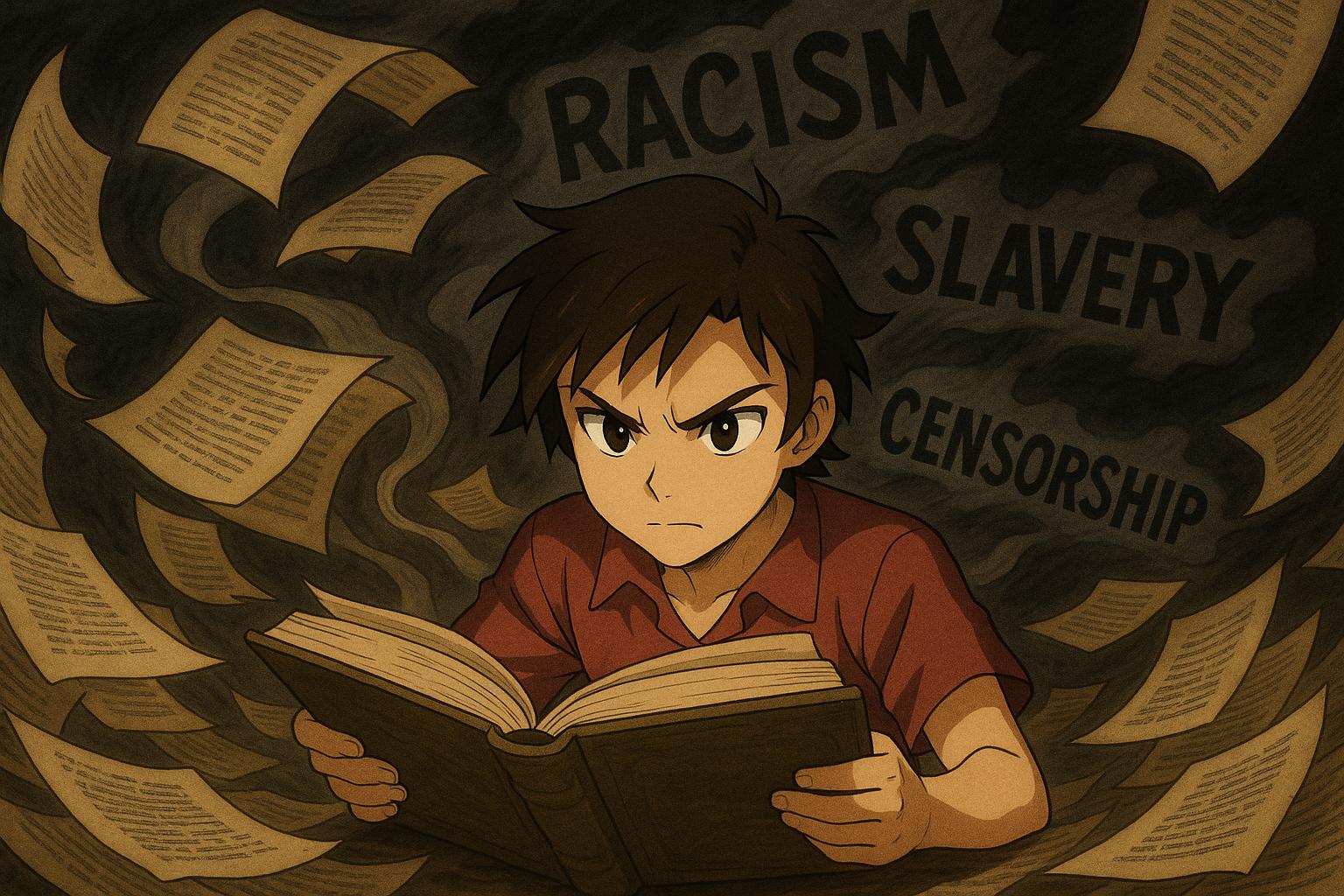Historian David Olusoga has sparked a significant debate on the necessity of confronting difficult language and themes in classic literature, asserting that young people should learn to 'toughen up' rather than shield themselves from potentially offensive content. Speaking at the Hay Festival, Olusoga, who has often highlighted the complexities of history and its uncomfortable truths, articulated his belief that sanitising literature diminishes the opportunity for genuine understanding. His own experience with historical narratives, including his recent documentary on the BBC's long-defunct "Black and White Minstrel Show," illustrates his commitment to presenting history authentically, even when it includes oppressive language and practices.
Olusoga’s perspective aligns with a broader discourse about the editing of classic texts in response to contemporary sensibilities. Notably, the recent revisions made to Roald Dahl's beloved children's books have ignited fierce criticism. The publisher Puffin Books undertook significant edits to make these texts more palatable for modern audiences, excising terms like 'fat' from descriptions and altering gendered language associated with characters. As a result, Augustus Gloop became merely 'enormous' instead of 'fat,' prompting backlash from figures such as Salman Rushdie, who labelled the changes as 'absurd censorship.' Critics argue that such revisions compromise the integrity of Dahl's work, removing the distinctive richness and charm that have endeared his stories to generations.
The implications of these revisions extend to discussions of authorship and the moral obligations of contemporary publishers. Olusoga's advocacy for confronting problematic aspects of history is mirrored by those who contend that modern adaptations must respect the original context and intent of the authors. Ian Fleming’s James Bond series serves as an example, with recent reissues attempting to maintain the original era's spirit, despite some edits. The sentiment here resonates with Olusoga's argument that understanding the past involves grappling with its unpleasant realities rather than artificially altering them to fit a current narrative.
Moreover, the editing of children's literature prompts critical questions about the kind of messages we wish to impart to younger generations. While Olusoga expresses tolerance for those in favour of removing offensive language, he underscores the educational value of confronting such language directly, arguing that grappling with these issues is crucial for societal growth and the understanding of historical injustices. This approach suggests an educational strategy that prioritises critical thinking over censorship, enabling young readers to develop resilience.
In advocating for a more rigorous engagement with history and literature, Olusoga has become a representative voice in an ongoing conversation about the legacy of cultural productions that contained offensive language and themes. His insistence on confronting such issues presents a counter-narrative to the growing trend toward sanitisation in literature, challenging readers—and society at large—to not shy away from the uncomfortable parts of our past. Instead, he promotes a culture that values honesty and authenticity in the pursuit of historical comprehension, positing that the discomfort seen in offensive language is a small price to pay for a more profound understanding of how far society has come—and how far it still has to go.
##Reference Map:
- Paragraph 1 – [1], [2]
- Paragraph 2 – [3], [4], [5]
- Paragraph 3 – [6]
- Paragraph 4 – [2], [7]
- Paragraph 5 – [1], [6]
Source: Noah Wire Services
